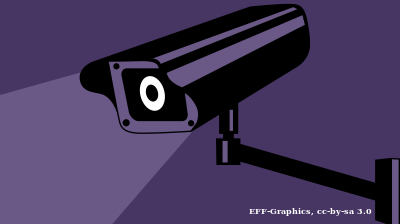Sberbank announced the acquisition of Shiptor, a mid-sized logistics and delivery service provider on July 30, reports East-West Digital News (EWDN).
This acquisition is laying the foundation of ‘SberLogistika,’ a service, which will be “integrated with all the systems of bank and its ecosystem,” as stated by the bank. The terms of the deal have not been disclosed.
Last month Sberbank started using Shiptor’s logistics capacities in pilot projects. Three of the bank’s outlets in Moscow are used as pick-up points for e-commerce purchases. Another service, ‘Sber Posylka,’ allows Muscovites to send a parcel to another individual anywhere in Russia. Shiptor ships the item from any Sberbank outlet in Moscow to one of the thousands of pick-up offices or lockers owned by PickPoint in Russia.
Shiptor has its origins in a cross-border e-commerce project launched in 2006 by entrepreneurs from Voronezh, Russia. After a few years, the service grew into a major mail-forwarding platform, helping Russian online consumers to make purchases from Amazon (USA, Germany), eBay and Taobao.
Shiptor spun-off in 2016. The company began offering cross-border logistics services to international players and domestic B2B2C services within Russia.
A giant financial organization controlled by the Russian state, Sberbank is investing massively in e-commerce. In 2017, it made an alliance with Yandex, investing $500 million to develop domestic and cross-border marketplaces. However, the robustness of this alliance has been put under question. Just days ago, Sberbank announced an agreement with Yandex’s archrival Mail.ru Group to develop jointly ride-hailing and food delivery services.
Over the past decade, Sberbank has extended its activities to a variety of domains well beyond financial services, betting on new technologies to create a series of “ecosystems.” These new activities range from digital healthcare, to food services, to CRM and neuroscience, to name just examples.
Tech

Is Kazakhstan building a digital utopia, or a China-style surveillance state?
Many Kazakhs will tell you that officials should limit their ambitions to fixing the internet speed. Others worry that the time for joking is over.

Romanian startup .lumen wins €11mn EU grant to develop autonomous delivery robots
Funds to back project aimed at developing a new generation of humanoid and quadruped robots capable of navigating pavements and crowded urban areas autonomously.

Latvian fintech Eleving Group raises €275mn in oversubscribed bond issue
Proceeds to be used to refinance €150mn in existing bonds and to expand Eleving's loan portfolio.

Roblox, Fortnite banned in Iraq over child safety concerns
Iraq's Ministry of Interior to ban PUBG, Fortnite and Roblox within next few months under 2013 law prohibiting games encouraging violence, citing threat to social security and waste of youth time.




